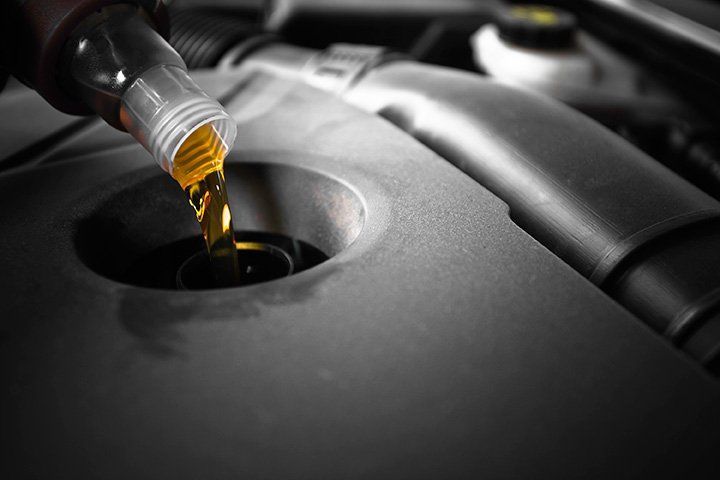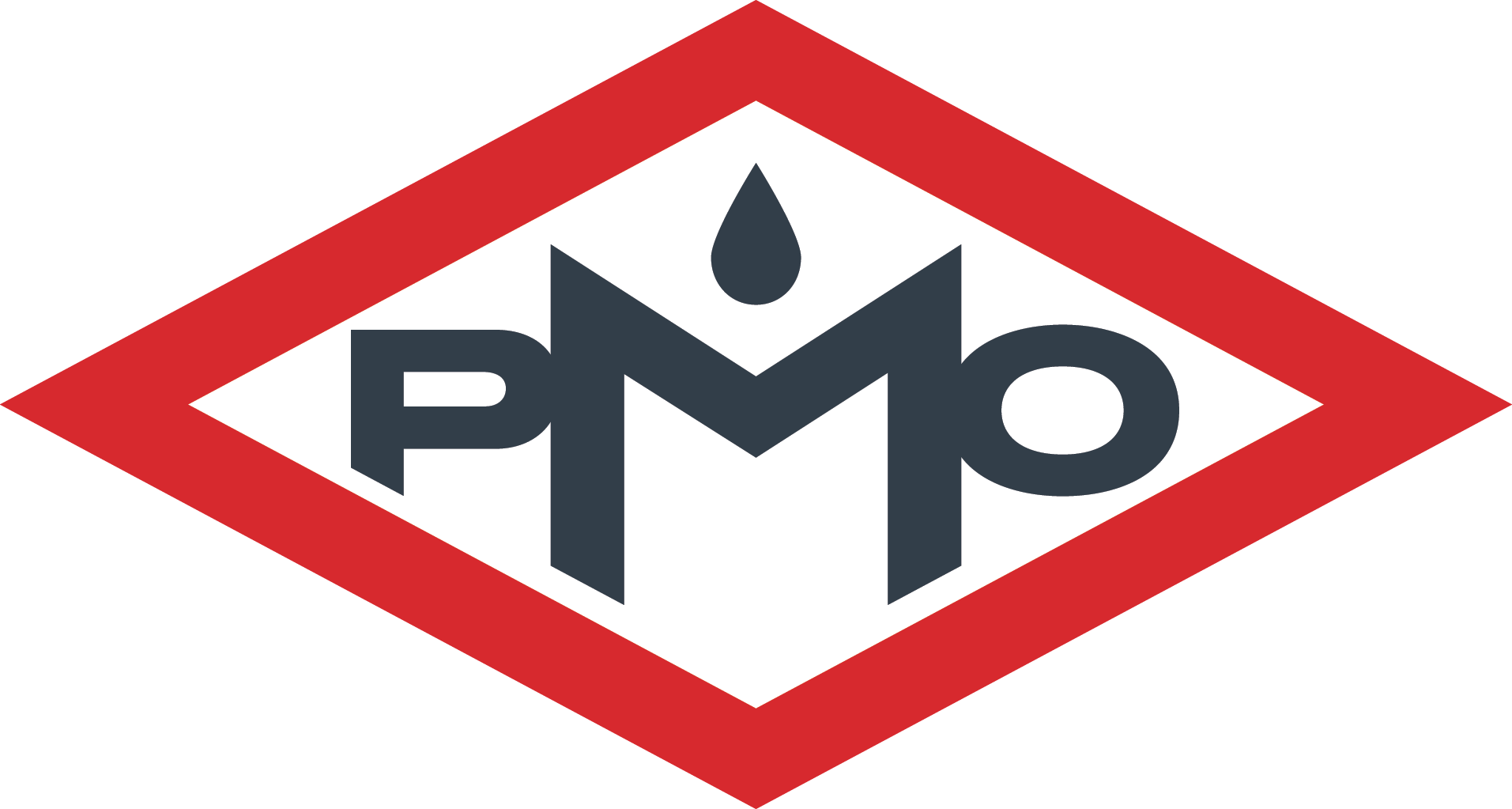4 WAYS TO PROTECT YOUR BULK FUELS FROM CONTAMINATION

Stored bulk diesel and other fuels are easy to contaminate. When fuels are contaminated with water, sediment or debris, your equipment doesn't run correctly and may be harmed. If your equipment doesn’t function your business may suffer needless losses and expenses due to dirty fuel. Take the following four steps to keep your fleet or equipment fuel tanks free of contaminants.
HAVE TANKS INSPECTED YEARLY
Most fuel flows out of the tanks with a bit of water present. This water can cause rust to develop on the insides of metal fuel tanks. As the rust particles begin to disintegrate the metal, the tiny pieces of metal may fall into the fuel. Rusted spots on tanks also create holes and leaks. Rust tanks contaminate the area around your stored tanks which could cost you valuable resources.
Bacteria also contaminate fuel over time. Microbes feed on the oxygen in the water, then anaerobic bacteria start working on the sulfites and hydrogen in diesel fuel.
CHECK YOUR FUEL AND CONNECTIONS
You can check your tank for rust sediment by draining off a gallon and inspecting it for floating debris. If no debris is seen, you may wish to stir the fuel carefully to check for bottom sediment.
Tanks with bottom drains may give better readings on sediments. You can have the fuel tested by your fuel supplier. The test will show if tanks are rusting inside. Clean and resurface rusty tanks or purchase new tanks after you find rust.
All of your fuel storage connections, filters, pipes and monitors must be sealed well and checked for breaks and leaks. All of your fuel storage tanks should be raised above ground level and shielded from the direct sun.
USE PROPER LABELING TO PREVENT CROSS CONTAMINATION
All of your fuel tanks must be properly labeled with the type of fuel, the amount of oil delivered and the date of delivery. As fuel ages, it begins to break down. The result can be excess sediment which can be bad for your fuel. Date-labeled tanks let you know when fuel is at risk of breaking down.
Summer and winter diesel fuels are often different formulations. If you try to use summer fuel in winter, it may gel. Avoid cross contamination of seasonal fuels with large, weatherproof and dated labels on all diesel storage tanks.
If you use smaller secondary tanks or containers for fuels, oils and lubricants, make certain you use dedicated containers for specific products. For example, never carry diesel fuel in a container that held hydraulic fluid. Each container should only ever hold one product. Labels must be clear, with large lettering and even color-coded if your operation uses a wide variety of fuels, oils and lubricants.
TALK TO YOUR FUEL SUPPLIER ABOUT FUEL POLISHING
If you have fuel you're leery of, ask your fuel supplier about polishing your fuel. Fuel polishing is a multi-step process that removes particulate matter as small as three microns in size. When you consistently have fuel polished, you protect your vehicles, generators and equipment. Your tanks stay cleaner over time.
"Bad" fuel can often be rejuvenated by fuel polishing. Your fuel supplier brings a portable unit out to your site to clean the fuel. This saves you the expense of tossing fuel you can't use and replacing it with new fuel.
With super-clean, polished fuel, your engine parts don't get gummed up. Your generators and other diesel equipment starts faster and runs smoother. You also use fewer filters on pumps and in vehicles.
Contaminated fuel can shut down your entire operation. Contact Paul Murray Oil today and learn more about our fuel polishing processes for your fleet, business and marine needs.
